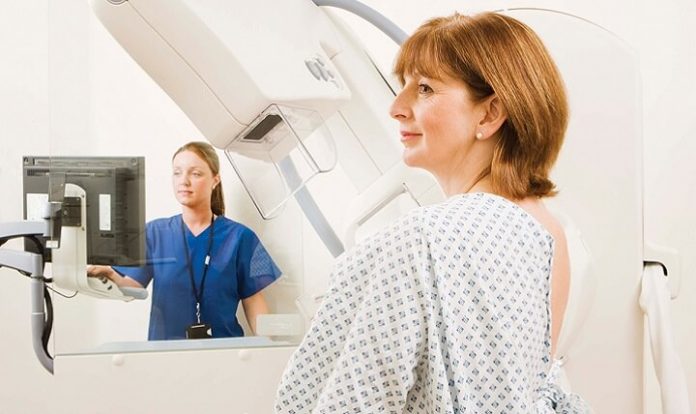In the hope of finding a solution to deal with the scarcity of radiologists in many hospitals, especially in Europe, several companies in the region have trained artificial intelligence (AI) how to detect breast cancer signs.
Kheiron Medical is the most recent company to reveal its intentions to leverage AI algorithms in trying to diagnose breast cancer.
In fact, the company recently launched a test on historic scans, particularly at a National Health Service trust based in Leeds.
READ MORE: Top 10 Ways Artificial Intelligence is Impacting Healthcare
The company’s technology is also set to be tested against an enormous volume of historic scans (tens of thousands) in the Midlands in a bid to determine whether it can recognize breast cancer signs.
On the other hand, Google-owned AI company DeepMind has also started a trial with the National Health Services (NHS) while Dutch-based firm ScreenPoint Medical has created similar technology.
Companies involved in this effort are testing their algorithms against tens of thousands of scans to determine whether it is possible to train them on how to recognize signs of breast cancer with the same level of competence as human radiologists.
Kheiron’s algorithm has undergone training on about half a million mammograms gathered from hospitals across Hungary.
Hugh Harvey, a clinical director, revealed that the company had already presented its results for peer review, especially after concluding that its cutting-edge technology “beat the average performance of a human radiologist” when testing was done against 3,500 scans.
“The first phase is that we are doing large-scale analysis on historic data and when we’re happy that the algorithm is performing optimally . . . we’ll begin to test it on live patients,” he said.
Radiology has proven to be a key target for most private entities developing artificial intelligence (AI), specifically for healthcare.
Medical scans offer relatively structured data that can easily be analyzed using technology in comparison to the information based on the responses made by humans.
UK-based hospitals are currently experiencing an acute shortage of radiologists.
Based on estimates drawn from the Royal College of Radiologists, the National Health Service (NHS) hospitals spent approximately £116 million in obtaining scans.
Doctors claim that artificial intelligence will emerge as a popular method of reading scans: “There are several companies that are developing algorithms to read mammograms — it’s something that we will see happen in the next five years,” said Nisha Sharma, Leeds Teaching Hospitals’ director of breast screening services.
The Imperial College London revealed that thousands of breast cancer cases are not detected by mammograms every year, including 30% of cancers that emerge in between screenings.
DeepMind has been conducting tests on its AI technology to see if it can read mammograms at the Cancer Research UK Imperial Center.
DeepMind Health’s Clinical Lead Dominic King said to the Financial Times that its collaboration with Imperial to read mammograms was demonstrating “really promising signs.”
The Google-owned company has also entered into a partnership with the Japan-based Jikei University Hospital that is set to last five years.
The partnership will involve the analyzing of historic mammograms belonging to 30,000 women in a bid to see if DeepMind’s algorithms can identify cancerous tissue better compared to the current screening methods.
